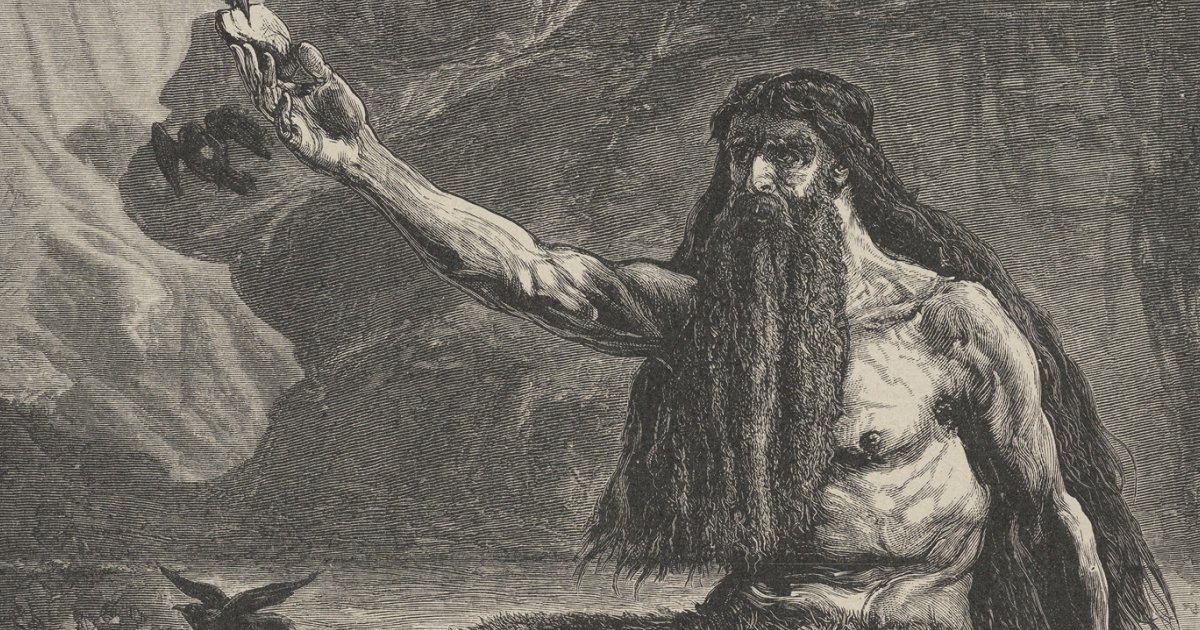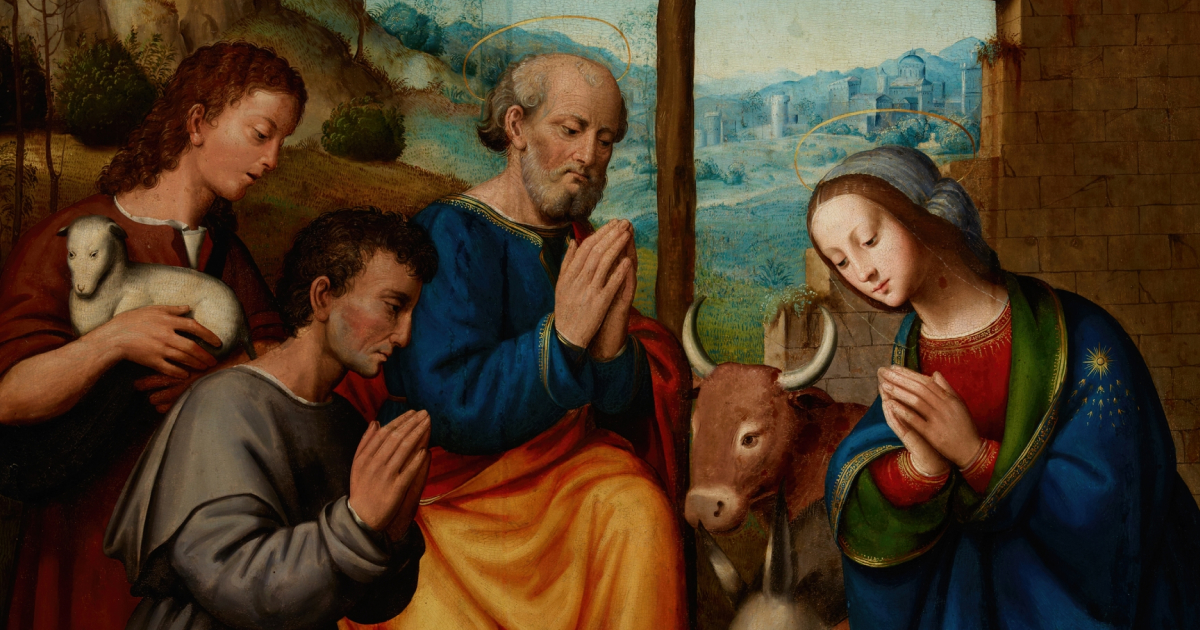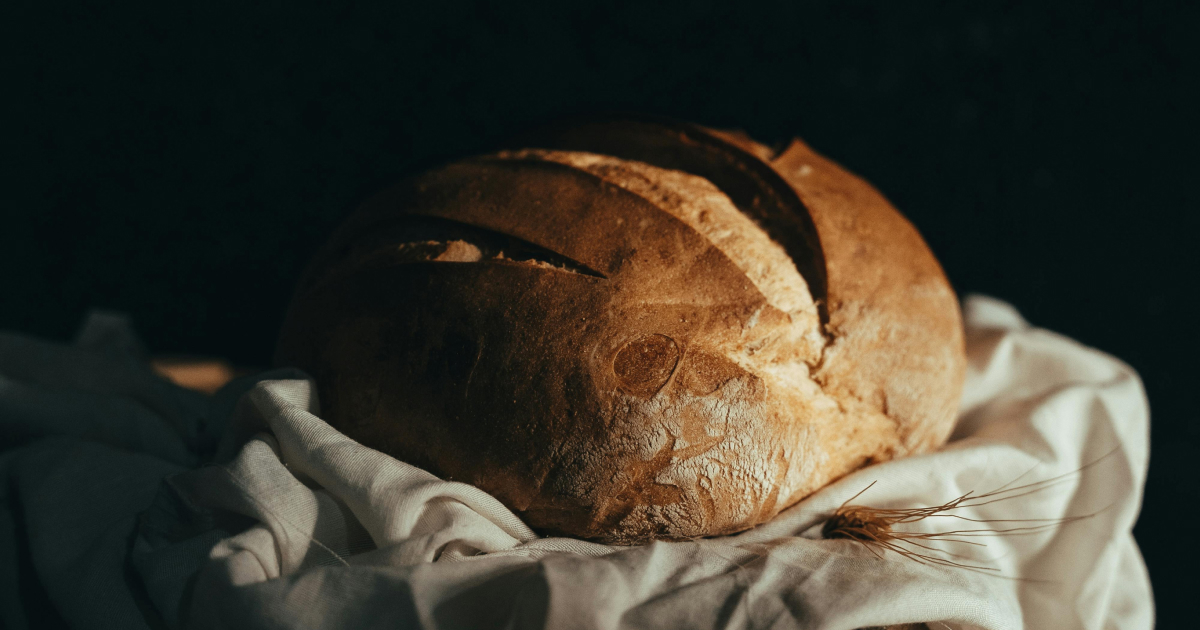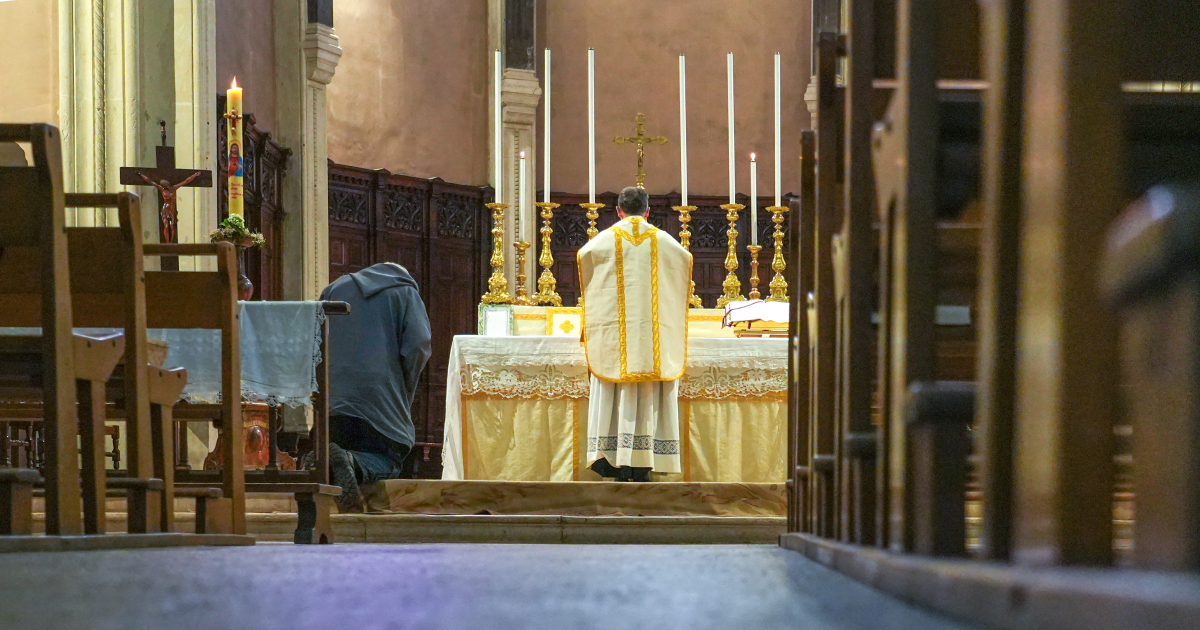“[The record of debt] he set aside, nailing it to the Cross.” (Colossians 2:13-14)
What exactly was the “record of debt” St Paul mentions in Sunday’s second reading? Literally, the word means a “handwritten document”, and in the ancient world it usually referred to what a debtor wrote to record his debt.
One possible interpretation is to link this with the notice fixed to Jesus's cross: “Jesus of Nazareth, King of the Jews.” Pilate ordered this notice to show why Jesus had been crucified: he was a king, something the Romans could not tolerate.
When the Jews objected, Pilate insisted on keeping it: for him, the crucifixion of Jesus did not prove he was not king of the Jews, but it showed their weakness as a subject nation.
This notice was a record of Pilate’s condemnation of Christ, of his sin. But Jesus transformed these words: he truly was a king on the cross, although his “kingdom is not of this world”. Pilate did not acknowledge this, but the Good Thief did: “Jesus remember me when you come into your kingdom.”
Whenever we sin, we hand-write a copy of that notice – we claim that Jesus is not strong enough to be a real king, that he is a pathetic failure. This is our “record of debt” which Jesus transformed by nailing it to his cross: the very words that condemned him became true at a deeper level, and the very pinnacle of our sin became the moment of our redemption.
We write this record with our hand but Jesus redeems us with his nailed hand, as we pray in the Psalm: “With your right hand you save me … discard not the work of your hands” (138: 7-8).
Do I acknowledge Jesus’ kingship as the Good Thief did? Do I believe Jesus is really God made flesh, and that he is always stronger than anything or anyone else, including my sin?
Sometimes our prayer is ineffective because we do not acknowledge the divinity of the one we address.
In the Gospel, Jesus wants us to accept God as our Father when we pray, not as a spiteful overlord who gives a serpent instead of fish, or a scorpion in place of an egg.
And he wants us to recognise that God is not just the giver but the gift itself: the Holy Spirit, whom “the heavenly Father will give … to those who ask him” (Luke 11:13).
Photo: Pilgrims prepare for Easter by carrying wooden crosses as they walk over the tidal causeway to Lindisfarne during the final leg of their annual Good Friday pilgrimage, Berwick-upon-Tweed, England, 29 March 2024. (Photo by Ian Forsyth/Getty Images.)





.jpg)











